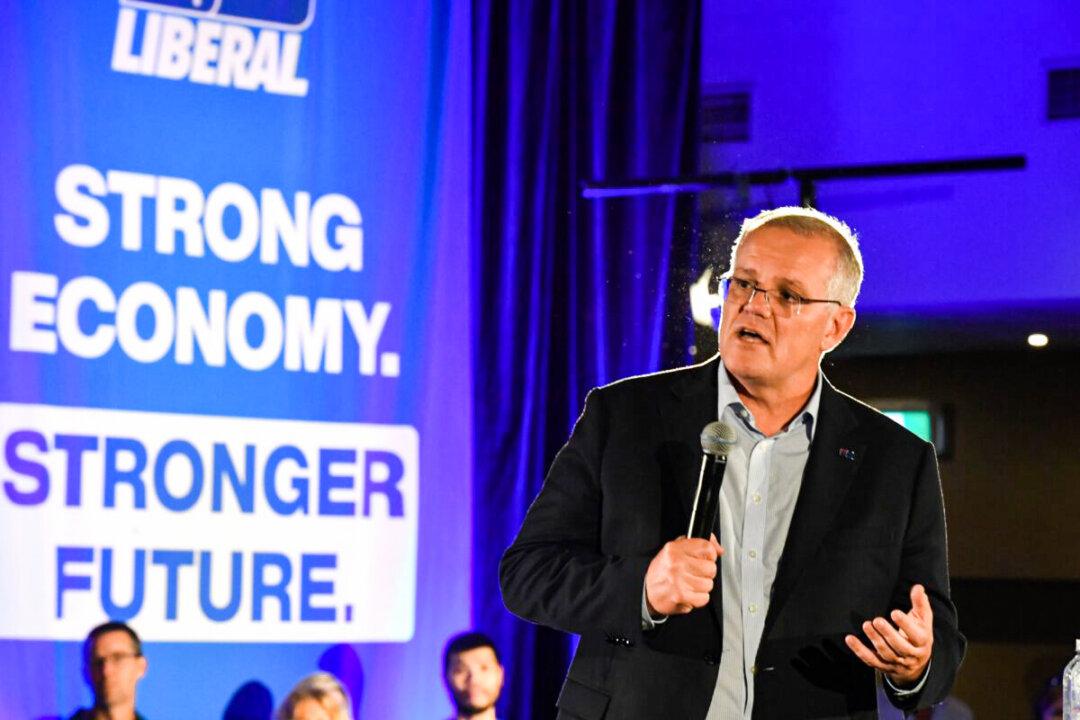Commentary
The 1987 election was the first I took an interest in. Seeing two politicians of conviction, Bob Hawke and John Howard, lay out their vision for this country in a real contest of ideas and philosophies, I became “hooked” on politics.

The 1987 election was the first I took an interest in. Seeing two politicians of conviction, Bob Hawke and John Howard, lay out their vision for this country in a real contest of ideas and philosophies, I became “hooked” on politics.